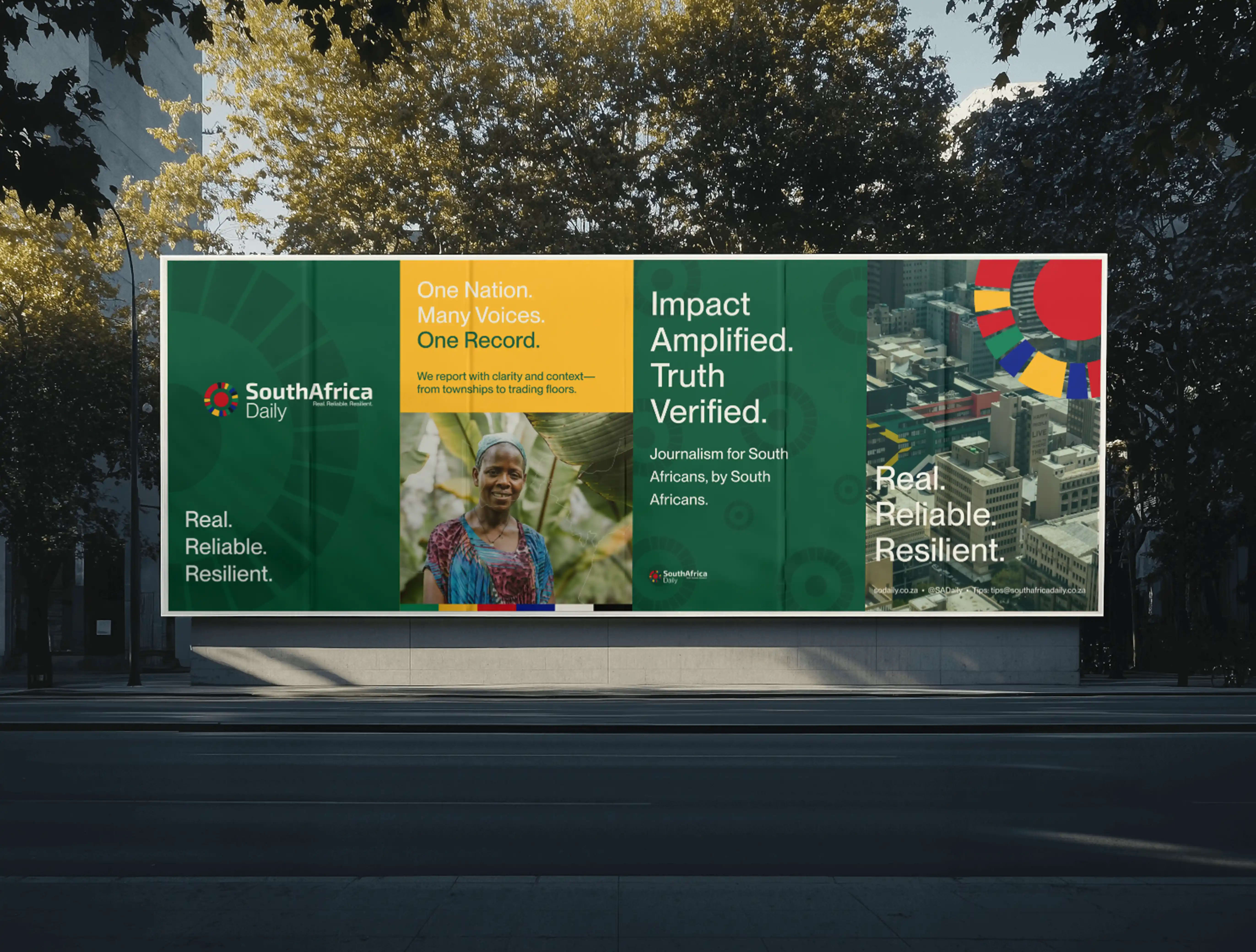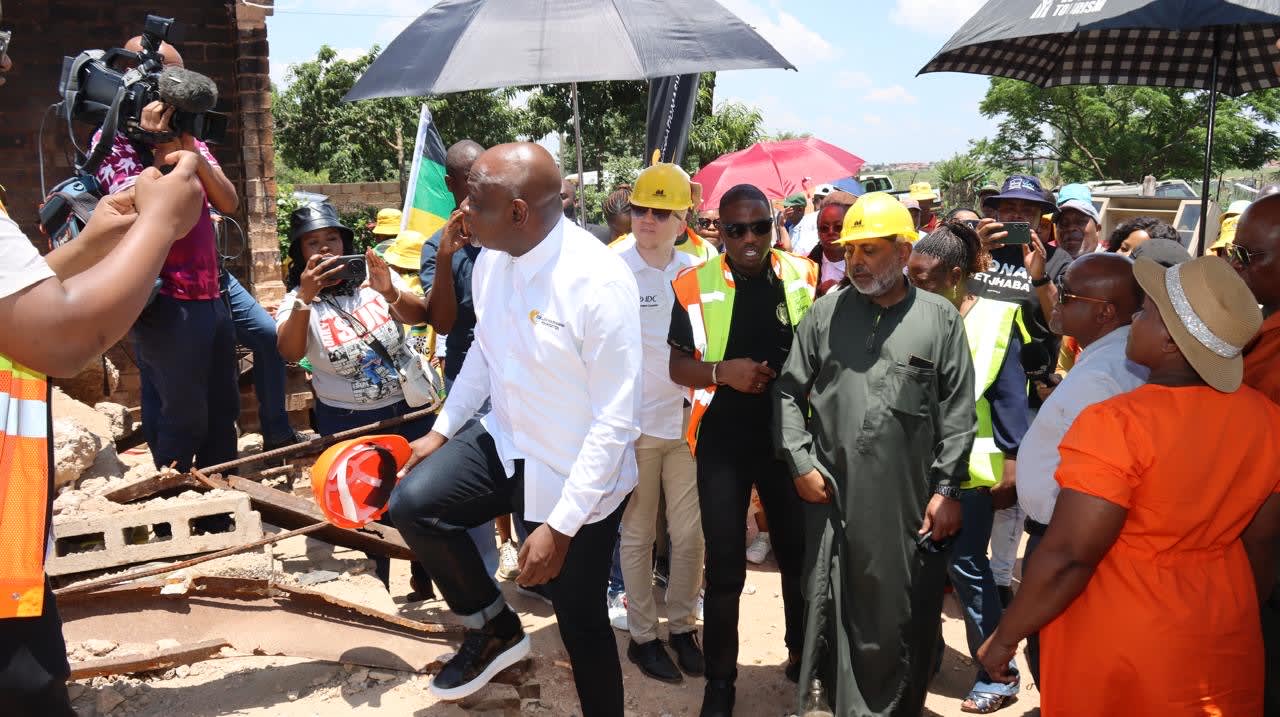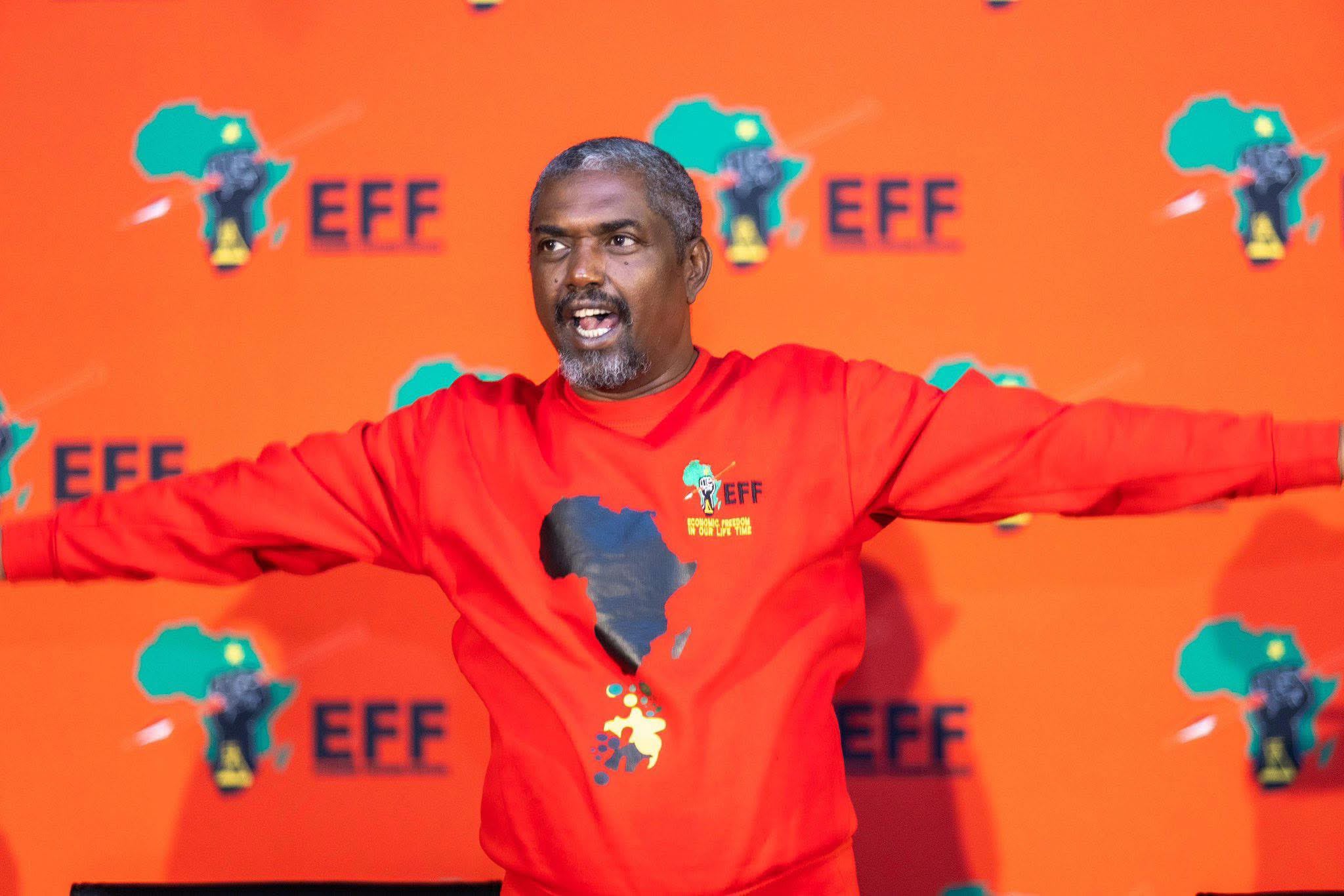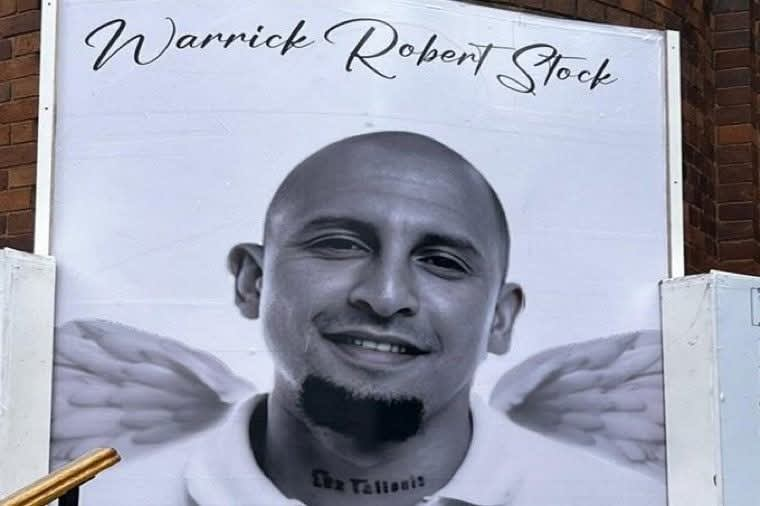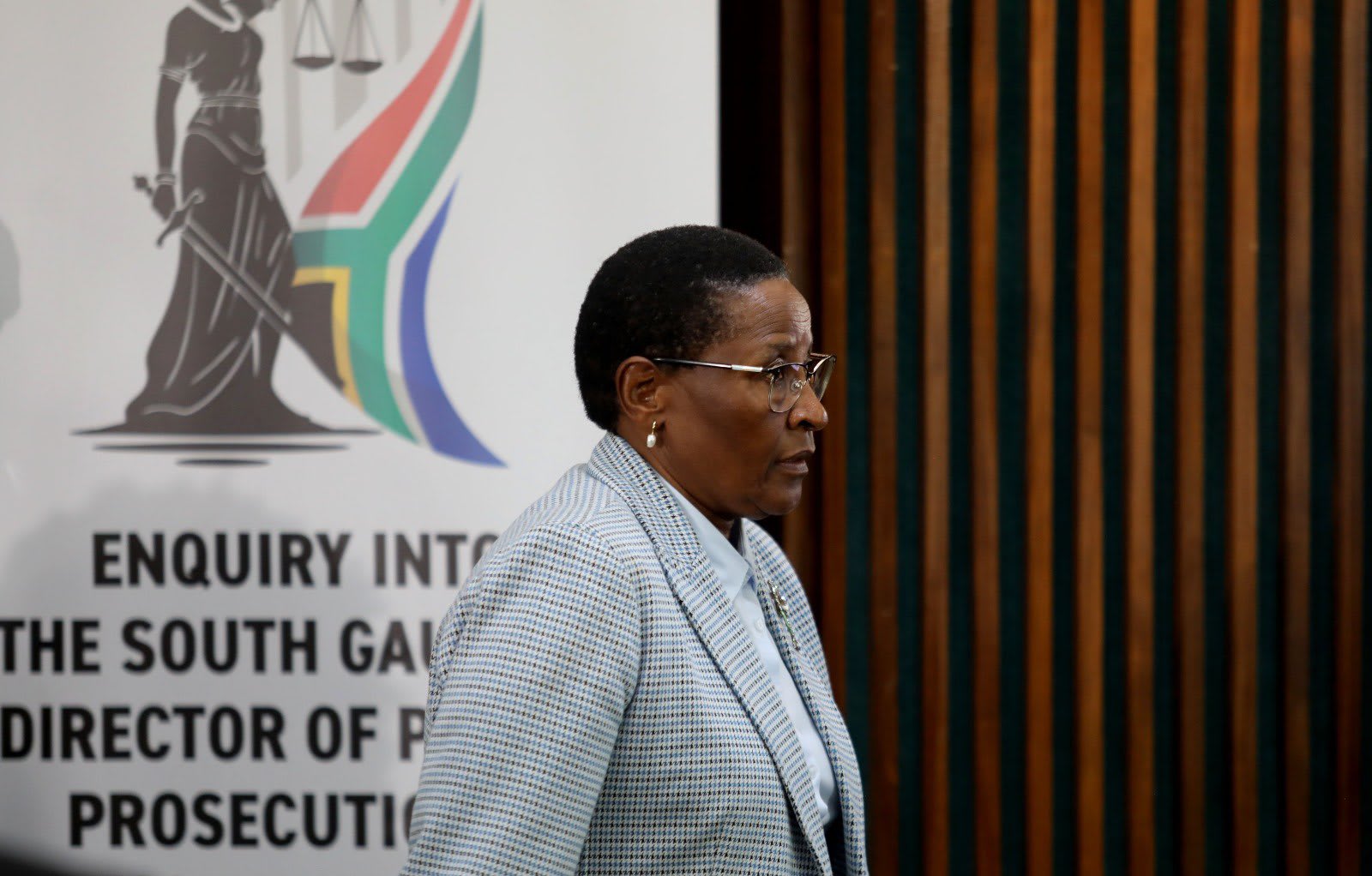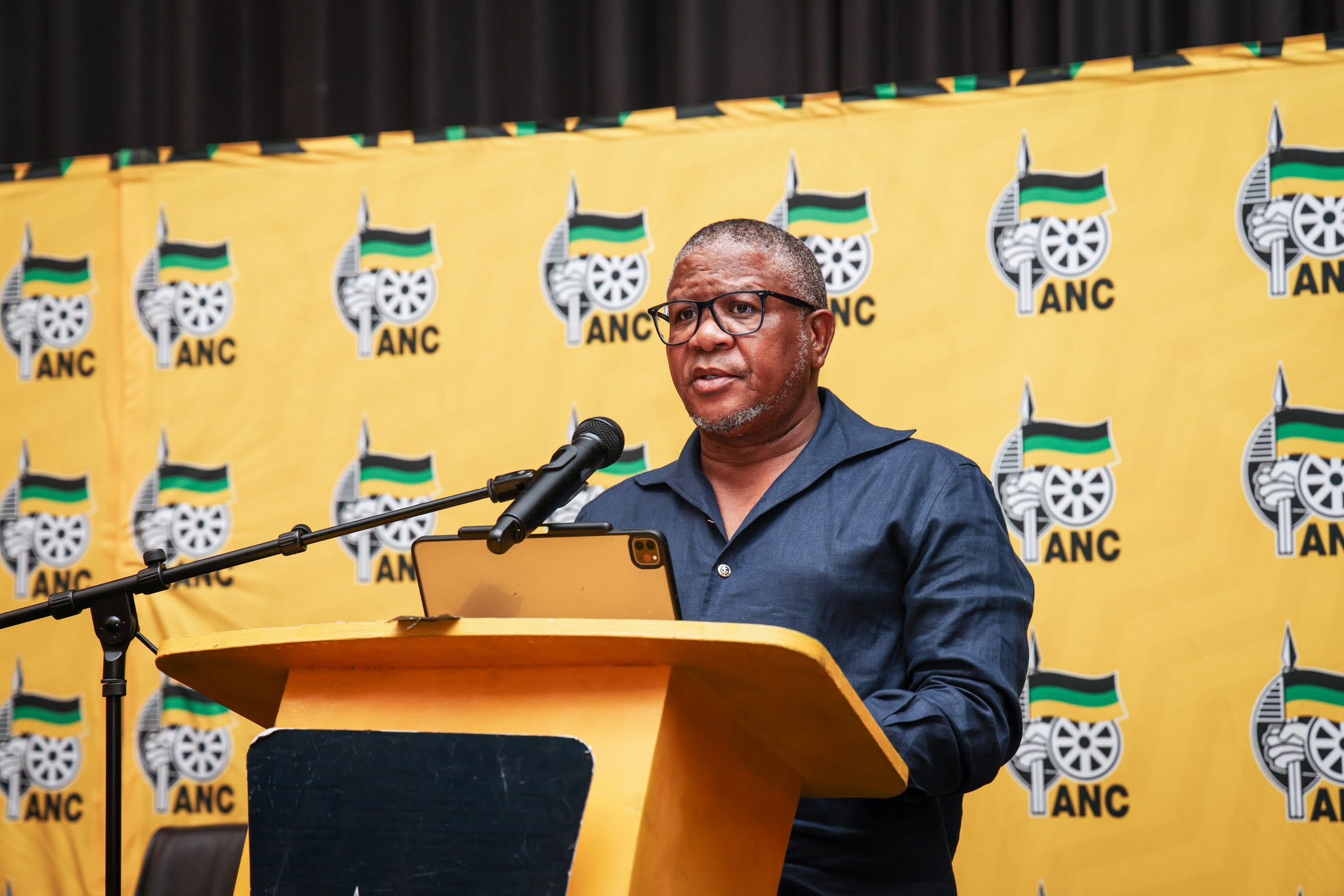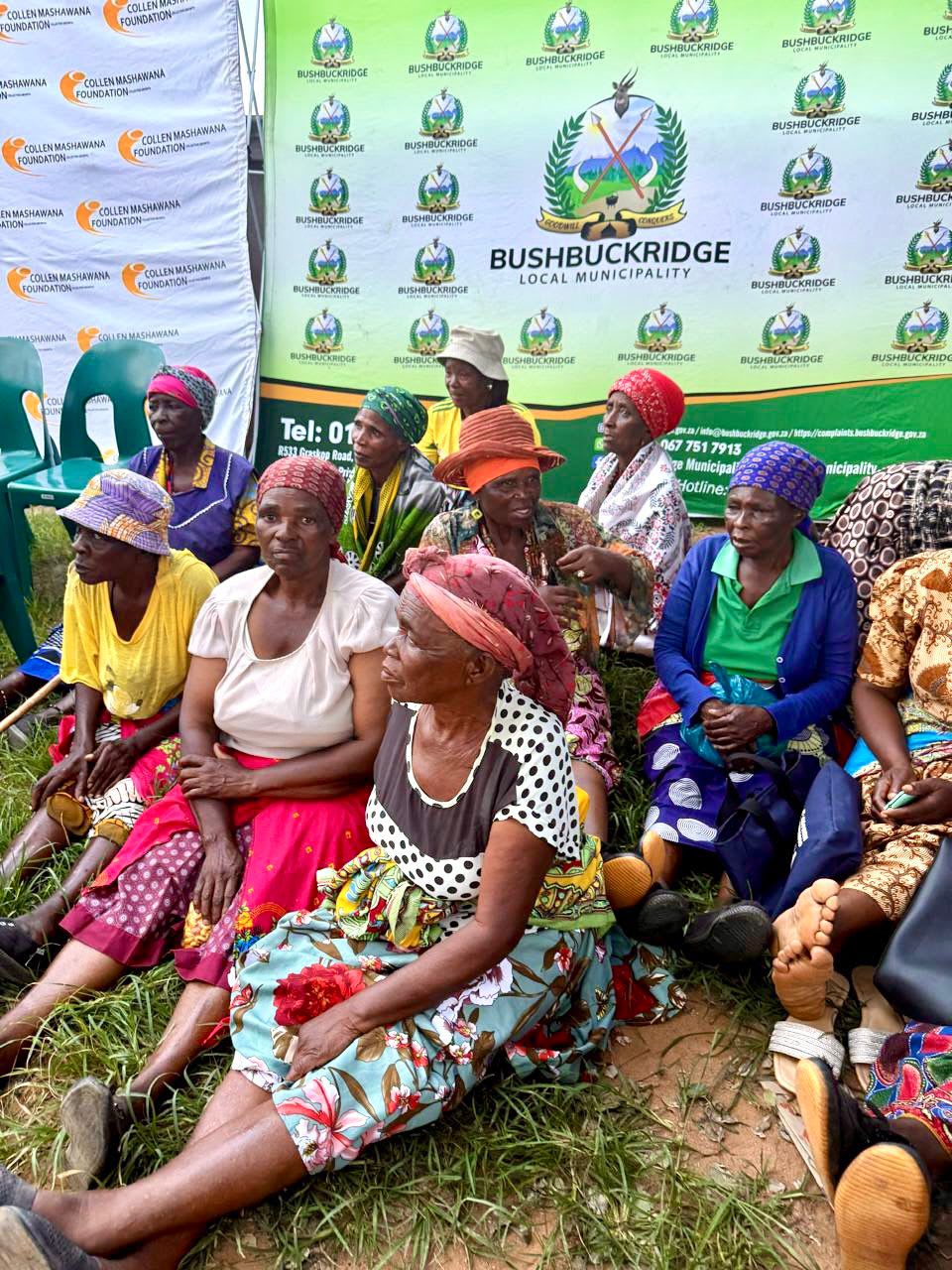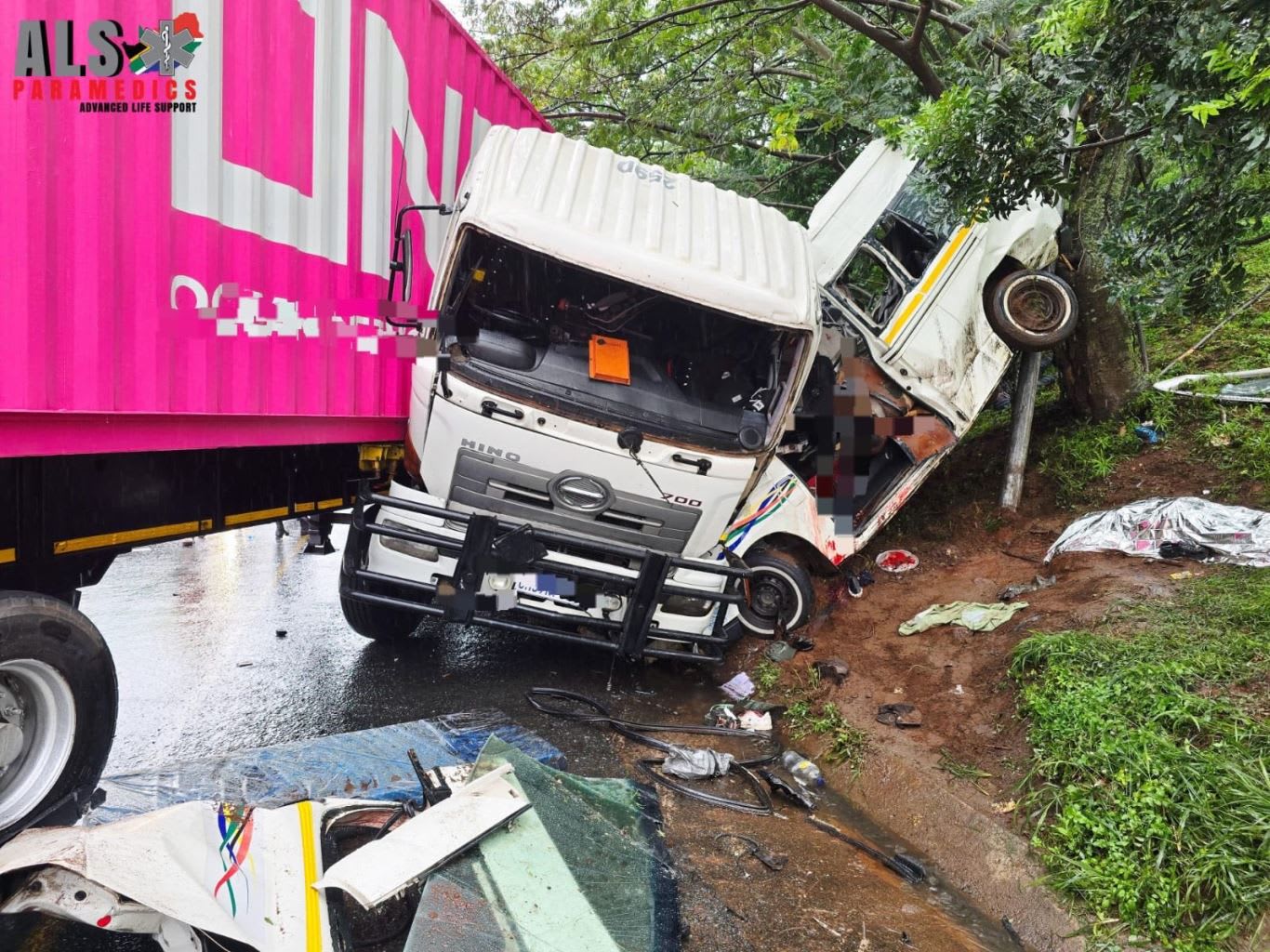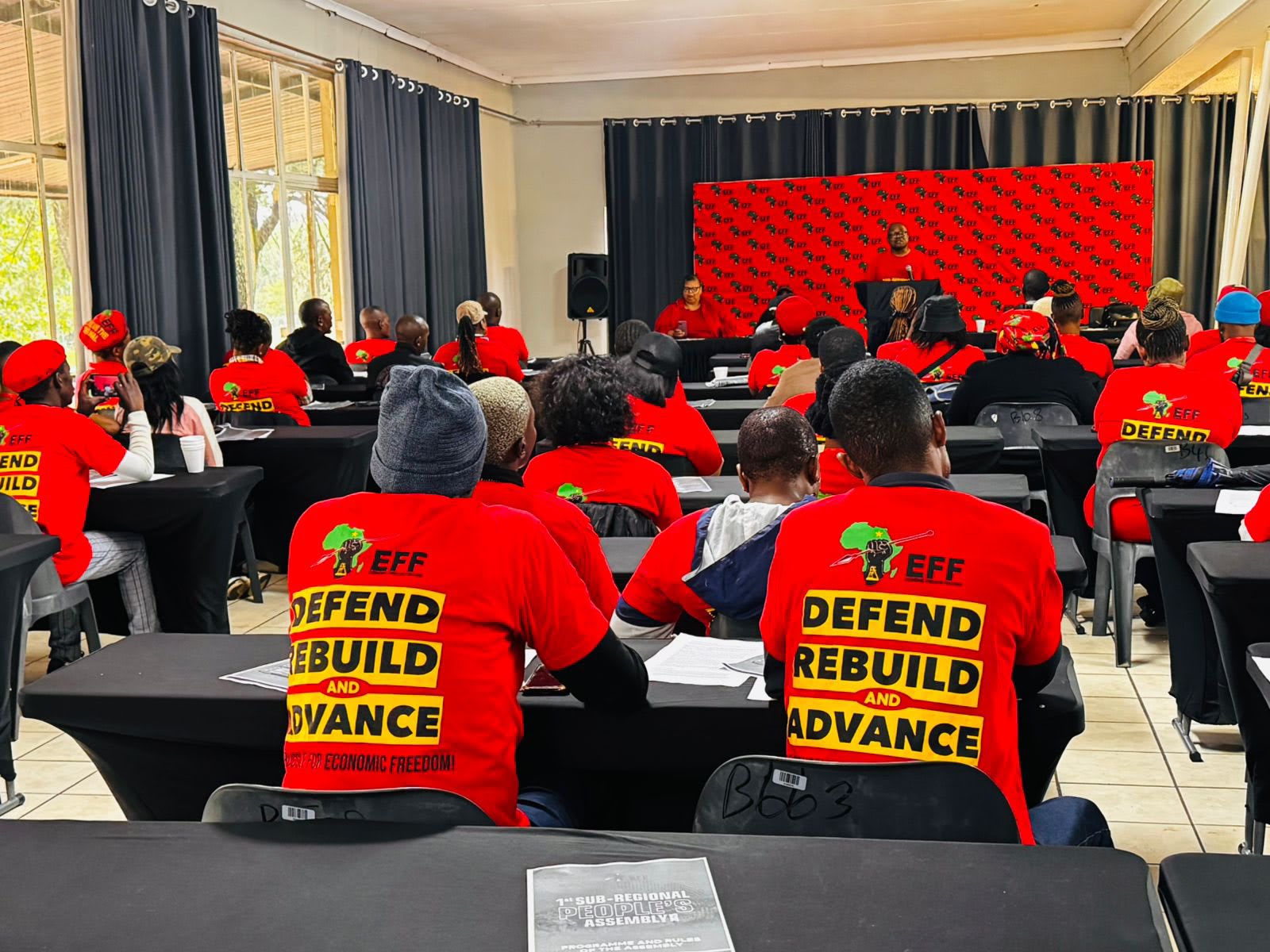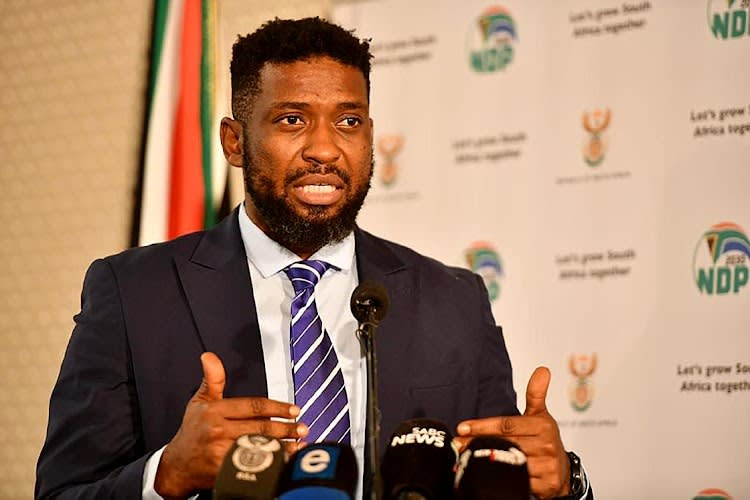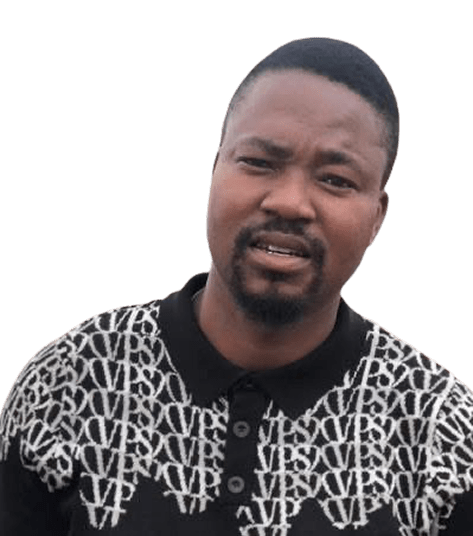Carl Niehaus
On this October evening in 2025, as I reflect on the 39th anniversary of Samora Machel’s assassination—a ruthless murder orchestrated by the apartheid regime’s sinister operatives—my rage, nurtured over decades, erupts anew.
By Carl Niehaus
As a fighter in the liberation struggle for 45 years and a proud member of the Economic Freedom Fighters (EFF), I can no longer tolerate this unbearable injustice. On this October evening in 2025, as I reflect on the 39th anniversary of Samora Machel’s assassination—a ruthless murder orchestrated by the apartheid regime’s sinister operatives—my rage, nurtured over decades, erupts anew. This is a deeply personal fury, forged not merely from historical records but from the raw betrayal of a nation that was promised justice.
I recall the endless nights my comrades endured in exile, trembling under the threat of letter bombs and midnight raids, yearning to reunite with families left behind in South Africa. Personally, I bear the scars of detention at John Vorster Square where I was dragged from my cell in the dead of night and tortured viciously by the likes of Craig Williamson and Nicolaas (Nic) Deetlefs, to the extent that I lost most of my hearing and am today a severely hearing-impaired person.
I remember Jeanette Schoon and her innocent six-year-old daughter, Katryn, torn apart by the treacherous parcel bomb Craig Williamson sent to them in Angola. I remember my dear friend and comrade Marius Schoon, with whom I sat through countless anguished nights as he wept, haunted by the horrific images of being the first to reach the scene where his wife and daughter were blown to pieces by Williamson’s device. Their deaths gnawed at his soul until grief finally claimed him too.
How can such atrocities ever be forgiven? The Truth and Reconciliation Commission (TRC), intended as a beacon of healing and truth, instead shielded the monsters who devastated us, granting amnesties that desecrate the memory of our fallen heroes. Apartheid was no mere policy; it was a war on humanity, and the indemnities bestowed upon its perpetrators—those who committed crimes against humanity to defend a system condemned as such by the United Nations in 1973—must be revoked. We must urgently pilot a Private Member’s Bill through Parliament to shatter this impunity, ensuring the surviving culprits face justice before their advanced age spares them.
My anger burns with unyielding intensity. The TRC, born under the Promotion of National Unity and Reconciliation Act of 1995, was meant to confront this evil, but it was a grotesque aberration, extorted from us by right-wing blackmail. As CODESA negotiations teetered, the Afrikaner Weerstandsbeweging (AWB) and SADF elements threatened a military coup to derail the 27 April 1994 elections.
The 1993 assassination of Chris Hani foreshadowed this sinister third force. Declassified TRC archives expose how General Constand Viljoen, alongside SADF head General Jannie Geldenhuys, mobilized over 20,000 armed supporters, demanding impunity as the price for peace. This shameless coercion forced the ANC into a devil’s pact. The TRC offered amnesty for truth, yet delivered only partial confessions and total absolution for 849 perpetrators—barely 22% fully disclosed their crimes—allowing them to evade accountability for torture, murder, and enforced disappearances in a process driven by desperation, not dignity.
We must draw a stark line: those who waged the liberation struggle fought for justice against a UN-denounced crime against humanity, their amnesties a testament to mutual reconciliation. But for apartheid’s enforcers, there can be no mercy. They unleashed atrocities to sustain racial domination, and their indemnities, born of extortion, are invalid. My blood boils thinking of Craig Williamson, the mastermind behind the 1982 London ANC bombing and Ruth First’s letter-bomb death.
Amnestied despite half-truths, he now breeds horses in Noordhoek’s lavish pastures, his multimillion-rand home gazing over pristine beaches and Chapman’s Peak—a grotesque privilege built on blood money that insults every victim’s family. Barend du Plessis, who funneled R2 billion yearly into “defense” to fuel Vlakplaas horrors and RENAMO’s Mozambican devastation, escaped reparations and now, in his 90s, revels in luxury at Pecanwood Estate on Hartbeespoort Dam—a 650-hectare haven of excess with Jack Nicklaus golf courses and biometric security, where properties reach R7.8 million.
How can he bask in dam sunsets while his policies’ orphans scrape by? Eugene de Kock, “Prime Evil,” confessed to 89 murders, was paroled in 2015, and now writes memoirs from a Free State farm, critiquing the nation he destroyed. Roelf Meyer, complicit in Machel’s 1986 assassination via the State Security Council, rigged CODESA to lock in inequalities; at 78, he dines with Cyril Ramaphosa, shaping the so-called “National Dialogue” that once again marginalizes the poor black majority. Niel van Heerden, foreign affairs director, brokered arms deals prolonging Angola’s agony while deceiving the UN. These men—echoes of Adriaan Vlok included—thrive in privilege, their networks festering in boardrooms, their ideologies haunting opposition benches.
This impunity is a venom in our veins. It tells our youth that power erases guilt, that black lives do not matter and remain cheap. Economic gaps—55% black poverty—flow from TRC oversights and CODESA negotiated constitutional manipulations, where Meyer secured the perpetuation of white economic control, and the legacy of apartheid wealth. State capture mirrors Vlakplaas corruption; femicide reflects apartheid’s toxic legacy. We cannot heal while wounds bleed, reopened by unrepentant denials. The TRC’s forced amnesties defy our Constitution’s demand for accountability (Section 35) and our Rome Statute commitments. Apartheid, a UN-declared crime against humanity, demands prosecution of its architects.
Apologists whimper “let bygones be bygones,” but their privilege blinds them. Forgiveness without justice is capitulation. True progress requires reckoning: exhume the past, name the guilty, reclaim the ill-begotten spoils of apartheid. Thus, a Private Member’s Bill is absolutely essential to nullify the TRC indemnities, direct NPA investigations into apartheid crimes, distinguish them from the heroic actions of liberation struggle heroes, and create a Rescission Review Committee and Victims’ Reparations Fund from forfeited assets of convicted apartheid criminals.
With these perpetrators—many in their 70s and 80s—aging rapidly, we must act immediately now. No more silent deaths in comfort like Botha’s; they must face charges immediately. Let the twilight of their evil lives at long last represent their just desserts of relentless trials and imprisonment.
This Private Member’s Bill to amend the 1995 Act must end TRC impunity and honor Samora Machel, Jeanette and Katryn Schoon, the Cradock Four, and so many more, including the countless unnamed. Only the EFF possesses the resolve and the courage for this type of action, and it is now our sacred and revolutionary duty to do so.
*Ambassador Carl Niehaus is an EFF member of Parliament (MP).

